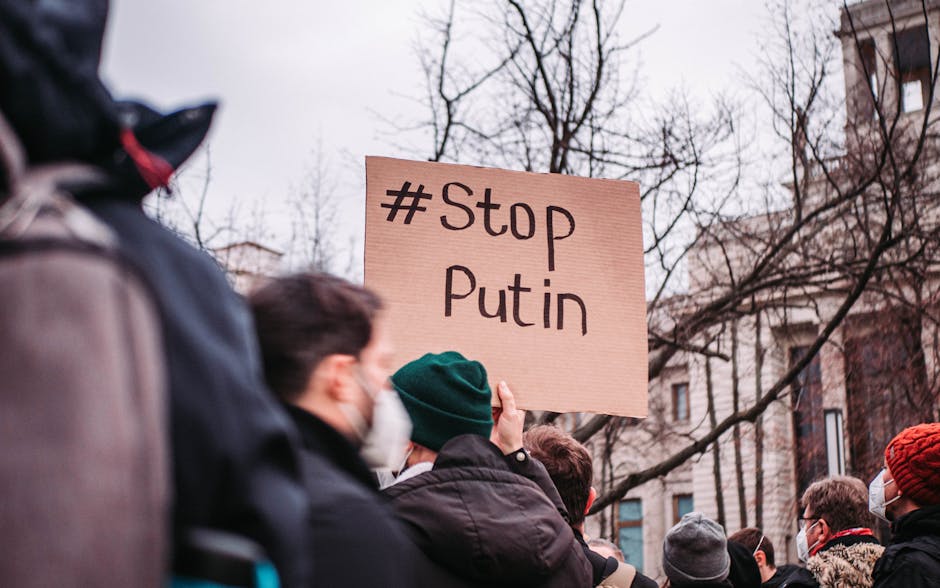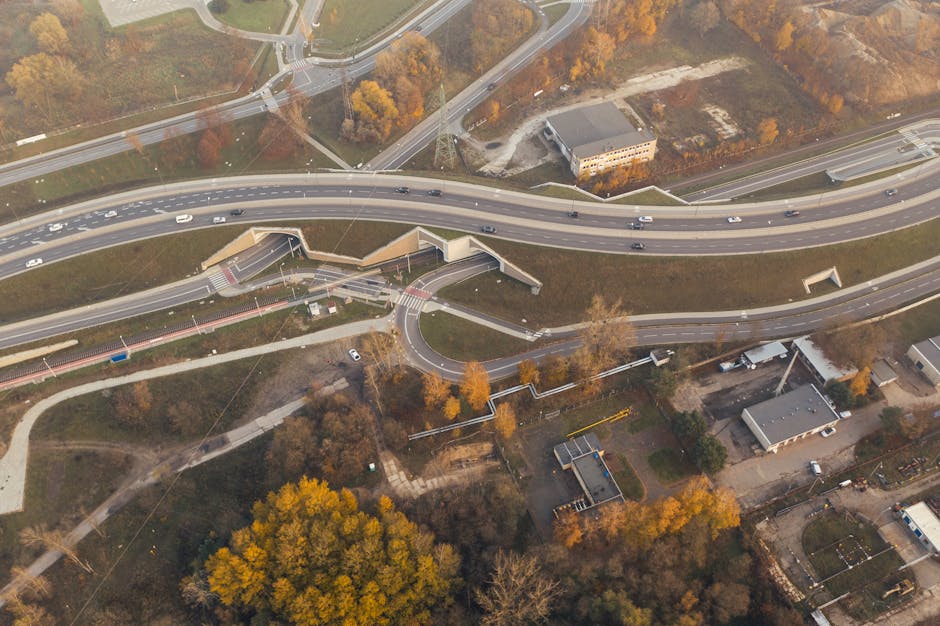Germany Warns of Russian Satellite Threats and Bolsters Space Defense Investments
Germany Raises Concerns Over Russian Satellite Activities

Pexels
Germany’s Defence Minister, Boris Pistorius, has sent a stark warning concerning the suspicious maneuvers of Russian spy satellites in orbit. Speaking at a space conference held in Berlin, Pistorius detailed how two of Russia’s Luch/Olymp satellites have been engaging in provocative behavior, reportedly operating dangerously close to NATO-linked commercial satellites. These satellites, managed by Intelsat—a US-Luxembourg company providing communication services to military and governmental agencies—are now potential targets for jamming, surveillance, or even direct attacks.
These concerning activities are not isolated incidents. Since their respective launches in 2014 and 2023, the Russian satellites have drawn criticism for allegedly “loitering” near geostationary satellites and exhibiting behavior consistent with espionage. Experts caution that such actions could disrupt vital infrastructure relied upon by NATO nations, escalating tensions in both space and geopolitical spheres.
Space: The New Frontier for Military Conflicts

Pexels
Pistorius emphasized the rapid advancements in space warfare capabilities by both Russia and China. These nations have reportedly developed technologies capable of disrupting satellite functions, blinding their tracking systems, or even kinetically destroying them. The minister highlighted the significance of protecting crucial infrastructure in space, as satellites have become indispensable tools for military operations, communications, and navigation. Acknowledging Germany’s vulnerability, he confirmed that the nation’s military has already been subjected to jamming attacks—a harbinger of potential larger conflicts in space.
Amidst his address, Pistorius reminded conference delegates of the ongoing surveillance by foreign powers, stating, “39 Chinese and Russian reconnaissance satellites are flying over us… so be careful what you say.” This revelation underscores the increasing militarization of space and its transformation into a contested domain, where control of orbital assets directly impacts global security.
NATO Faces Heightened Tensions with Russia

Pexels
Beyond the realm of space, NATO-Russia tensions have continued to escalate on multiple fronts. Reports of Russian drones disrupting Danish airports, the violation of Estonian airspace by Russian jets, and routine interceptions of Russian bombers near the Alaskan airspace are signaling precarious times. NATO has issued strong warnings reiterating its right to defend its territories, even suggesting the possibility of downing any encroaching Russian aircraft. These developments add urgency to safeguarding NATO’s infrastructure, both terrestrial and orbital, from hostile actions.
Russia’s increasingly aggressive posture also extends to its stance on commercial satellites aiding NATO operations. Amid the ongoing war in Ukraine, Russia has accused such satellites of constituting an indirect form of military engagement. These accusations have been paired with threats of action against Western satellites, further heightening the strategic importance of space security for NATO allies, including Germany.
Germany’s €35 Billion Commitment to Space Defense

Pexels
To counter these mounting threats, Pistorius unveiled Germany’s bold plan to invest €35 billion (£30 billion) in space defense over the next five years. This funding aims to enhance the nation’s space capabilities, both defensively and offensively, as Pistorius argued for the pressing need to develop deterrents against hostile space operations. His remarks suggest a paradigm shift in strategy, where offensive capabilities are deemed necessary to maintain a credible defense in space.
As satellites play a continually evolving role in modern warfare, Germany’s proactive measures reflect the growing recognition of space as a critical battleground. From cybersecurity to satellite resilience, Pistorius’s announcement signals a significant step for Germany in addressing the rapidly-changing security environment. With the specter of space conflicts looming, NATO and its members must act swiftly to ensure the safety and functionality of orbital infrastructure critical to global security.







